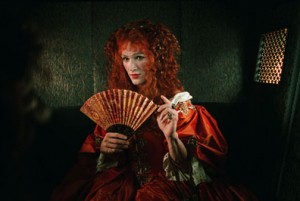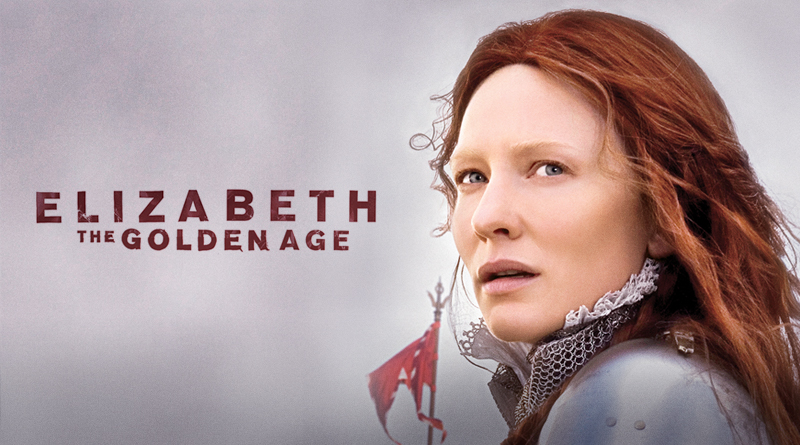by Sandra Gulland | Feb 4, 2011 | Adventures of a Writing Life, Recommended Books, Movies, Podcasts, etc. |

I just watched “Stage Beauty”—a wonderful movie about the changing world of 17th century theatre in London. I loved it. I believe I’ve found my perfect Petite in the actress Claire Danes.
There are a number of historical shifts and twists, nips and tucks, but all in the service of good drama. Somehow we forgive this in a movie, but wouldn’t in a novel. (Why is that?)
Although the movie captures the spirit of the theatre world of the time (I think), to have been perfectly accurate there would have been dandies with paid seats on the stage. This was distracting then, and it would have been distracting in this movie, as well.
I adored the representations of Nell Gwyn, Charles II (with all his dogs), Peyps. The costuming was terrific. Even though hats were not yet worn, I loved seeing them.
There are interesting differences between French and English theatre of this period, and the relatively late arrival of women on the English stage is one of them; women had long been on the stage in France. In France, male actors who played female roles did so for comic effect. Very different from the beautiful main character of this film.

To see the movie trailer: click here. I had the pleasure of buying it on iTunes and watching it on my iPad.

by Sandra Gulland | Apr 1, 2008 | Baroque Explorations |
We went to see Elizabeth last night, and we are glad we did. We may even buy the DVD, to have it at home to watch again. The costuming was spectacular, Cate Blanchett brilliant, the settings and photography fantastic. The script was rarely banal and had some nice subtle touches. But…
But as a researcher into history I had quibbles, the greatest being the portrayal of the Protestants as embracers of individualism and light, and Catholics as in the Dark Ages. They had to delineate the good and the bad in true Hollywood fashion, and the movie is, after all, the story of the war of Catholic Spain against Protestant England, and of course Protestant Elizabeth is the movie’s heroine. But my personal impression is that the Protestants were the extremists: no dancing, no festivals, even the celebration of Christmas was outlawed for a time. No frivolity whatsoever. Clothing had to be sober, and in dark colours. Everything so serious. In a Protestant church, the women sat separate from the men and the ministers preached covered.
So that’s my main quibble, making Catholics out to be so terribly cult-like and evil. Another is that the men and women were so often alone: this would have been highly unlikely. The scene of Elizabeth and Sir Walter sitting on the floor together drinking wine was hard to believe. I think proprieties would have been observed. Also, was it true that the men picked the women up from the crotch in dancing Minor things: no bonnet at bedtime. Men jumping overboard to save their lives: surely they would have been jumping to a certain death. Etc. etc. etc.
But other than that, a wonderful movie, a wonderful Hollywood movie.




